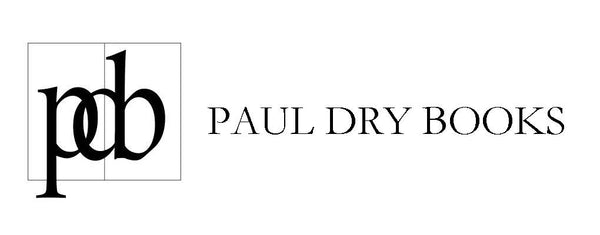From Kirkus:
Read the full review.A combination of penetrating considerations of renowned and out-of-fashion poets and keen appreciations of the interplay of landscape and culture.
Poet and novelist Mason (English/Colorado Coll.; Sea Salt, 2014, etc.), who served as the poet laureate of Colorado from 2010 to 2014, avoids an excess of academic jargon in favor of a straightforward style, though occasionally his descriptions lean toward the overwrought and there is a tendency, largely understandable, to worship at the altar of poetry a little too devoutly. The strengths of this collection are the author’s closely reasoned essays and expansive book reviews. Apart from a reminiscence of his years in Greece, which generates thoughtful appreciations of the writers Patrick Leigh Fermor (“a life of inspired insouciance”) and Bruce Chatwin, Mason explores the work of a wide range of literary artists. The best of these approach such notables as W.H. Auden, Ezra Pound, Joseph Conrad, and Robinson Jeffers with fresh eyes and bracing prose. At times, Mason mounts a rigorous defense of the artist in question; at others, he offers cleareyed, warts-and-all analyses. Early on he also recalls the interesting story of how The Rubaiyat of Omar Khayyam was rescued by a philologist in a remainder bin in 1861 and the process by which it was published and disseminated and became a sensation. Clearly, reading (and writing) is a form of travel and transcendence for the author, who conveys this feeling in erudite, often intoxicating language—though he does get rather inebriated himself from time to time. Mason wears his liberalism prominently, which is fine when not walking the precipice of preachiness, as he sometimes does, but it is hard to dispute his melancholy assessment that “history can seem a bombardment of human stupidities.”
Attached to the notion that all places are stories and all stories places, Mason, at his best, draws an illuminating literary cartography with many fascinating ports of call.
